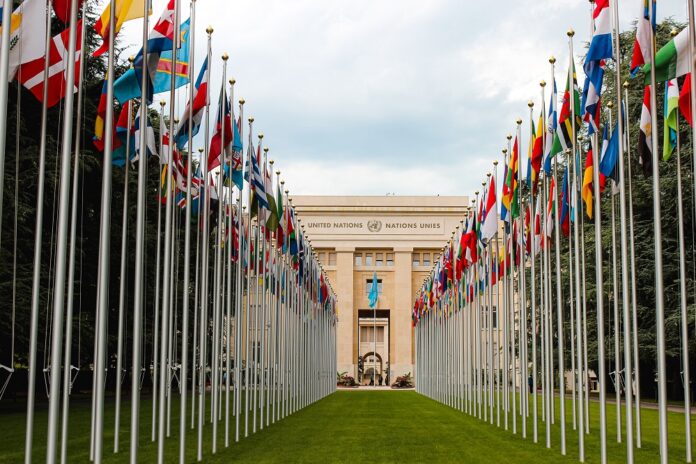Every September, the United Nations (UN) holds its annual General Assembly meeting, gathering global leaders and dignitaries from across the globe in New York City and turning the world’s media attention to the meetings and discussions taking place at the UN.
This year’s gathering is taking place amidst widespread criticism of multinational institutions and their failure to effectively address multiple global crises, including conflict, hunger, poverty, climate change, and many others.
Additionally, there is an ongoing debate about the reform of the UN Security Council, which has been criticized for its lack of productiveness. In fact, during a meeting between U.S. President Joe Biden and Indian Prime Minister Narendra Modi ahead of the G20 summit in early September, Biden reaffirmed U.S. commitment to the reform of the UN Security Council and supported India as a Permanent Member of the UN Security Council.
Whereas last year Ukrainian President Volodymyr Zelenskiy addressed the UN General Assembly via a pre-recorded video address, this year, Zelenskiy will address the United Nations in person. According to POLITICO, the Ukrainian leader has two main objectives in New York: to “gather support for the 10-point peace proposal his administration has been shopping around the world since last fall,” and “find solutions to food security.”
Despite the global converging crisis, most world leaders try to take advantage of the opportunity to meet with their counterparts during formal meetings or on the outskirts of the gathering. That said, some leaders choose not to attend in person. This year, however, the only Permanent Member of the UN Security Council will be represented by the U.S. and its President Joe Biden. French President Emmanuel Macron, UK Prime Minister Rishi Sunak, Russian President Vladimir Putin, and Chinese leader Xi Jinping will skip this year’s session.
Some analysts suggested that the fact that Vladimir Putin and Xi Jinping are not attending the UN General Assembly may boost the image of the U.S. as the guarantor of the international world order, while others pointed to the declining role of the U.N. as a platform to effectively address global crises.
Addressing the skepticism about the UN, Foreign Policy magazine cited a great quote from the UN’s 2nd Secretary-General Dag Hammarskjold, who said: “[T]he United Nations was not created in order to bring us to heaven, but in order to save us from hell.”



